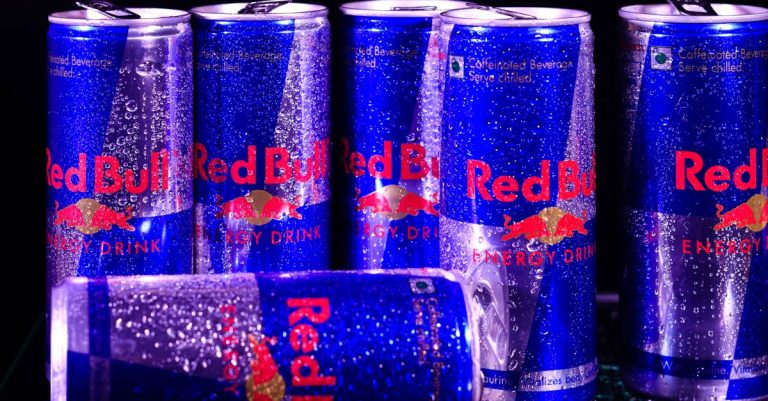In today’s fast-paced world, energy levels are often a topic of concern for many individuals. While we blame lack of sleep, stress, or even our busy schedules for fatigue, few consider the essential role of gut health. Recent studies have illuminated a significant connection between gut health and energy levels, revealing that a balanced gut microbiome can lead to increased vitality and reduced fatigue. This blog post will explore the intricate relationship between what’s happening in our gut and how it affects our overall energy levels.
Understanding Gut Health
Gut health refers to the balance and functionality of the microorganisms living in the digestive tract, commonly referred to as the gut microbiome. A well-balanced microbiome contains a diverse array of beneficial bacteria, fungi, and other microorganisms that promote digestion, immunity, and overall health. When these microorganisms are disrupted, a condition known as dysbiosis occurs, which can lead to a range of health problems, including fatigue.
The Gut-Brain Connection
The gut and the brain communicate through various pathways, forming a complex system often referred to as the gut-brain axis. This connection means that what occurs in the digestive system can have profound effects on mental clarity and energy levels. Here’s how:
- The Role of Neurotransmitters: The gut produces about 95% of the body’s serotonin, a neurotransmitter that regulates mood, sleep, and—importantly—energy levels. A healthy gut can stabilize serotonin production, contributing to improved mood and decreased fatigue.
- Inflammation: An unhealthy gut can lead to increased inflammation in the body, which is linked to fatigue. Chronic inflammation negatively impacts energy levels, leading to feelings of lethargy.
- Nutrient Absorption: A balanced gut microbiome enhances the absorption of essential nutrients from the food we eat, providing the energy our bodies need to function optimally. Deficiencies in key vitamins and minerals can result from poor gut health, further draining energy levels.
Factors Affecting Gut Health
Several lifestyle factors can influence the health of our gut microbiome:
- Diet: A diet high in processed foods, sugars, and unhealthy fats can disrupt the gut microbiome. In contrast, a diverse diet rich in fiber, fruits, vegetables, and fermented foods supports healthy gut bacteria.
- Stress: Chronic stress can impair gut health by altering the gut’s microbiome composition and increasing the risk of dysbiosis. Stress management techniques such as yoga or meditation can help maintain gut balance.
- Antibiotics: While necessary for treating infections, antibiotics can also disrupt gut flora, leading to reduced energy levels during recovery. Probiotic-rich foods or supplements can help restore balance post-antibiotic treatment.
- Hydration: Staying properly hydrated is vital for digestion and nutrient absorption, both of which directly impact our energy levels.
How to Improve Gut Health for Better Energy
Improving gut health is a proactive step toward boosting energy levels. Here are some effective strategies:
- Eat a Diverse Diet: Focus on a wide range of whole foods including leafy greens, healthy fats, and lean proteins. Fermented foods like yogurt, kefir, and kimchi can introduce beneficial bacteria.
- Incorporate Prebiotics: Foods like garlic, onions, bananas, and asparagus serve as fuel for beneficial gut bacteria, promoting a healthy microbiome.
- Stay Active: Regular physical activity can positively influence gut health by promoting the growth of beneficial bacteria.
- Practice Stress Reduction: Techniques such as mindfulness, deep breathing, and hobbies can help manage stress levels and, in turn, improve gut health.
- Limit Processed Foods: Reducing intake of sugar and refined foods can prevent dysbiosis and promote a healthier gut.
The Role of Probiotics and Prebiotics
Probiotics and prebiotics are essential in maintaining gut health and subsequently enhancing energy levels. Probiotics are live beneficial bacteria found in fermented foods and supplements, while prebiotics are non-digestible fibers that feed these good bacteria. Including both in your diet can create a thriving gut environment that supports optimal energy production.
Conclusion
Understanding the link between gut health and energy levels is vital for anyone seeking to enhance their vitality and overall well-being. By implementing dietary changes, managing stress, and maintaining an active lifestyle, you can create a healthy gut microbiome that elevates your energy levels and promotes a better quality of life. Making these changes not only contributes to a more efficient digestive system but also empowers you to tackle daily challenges with renewed vigor.













